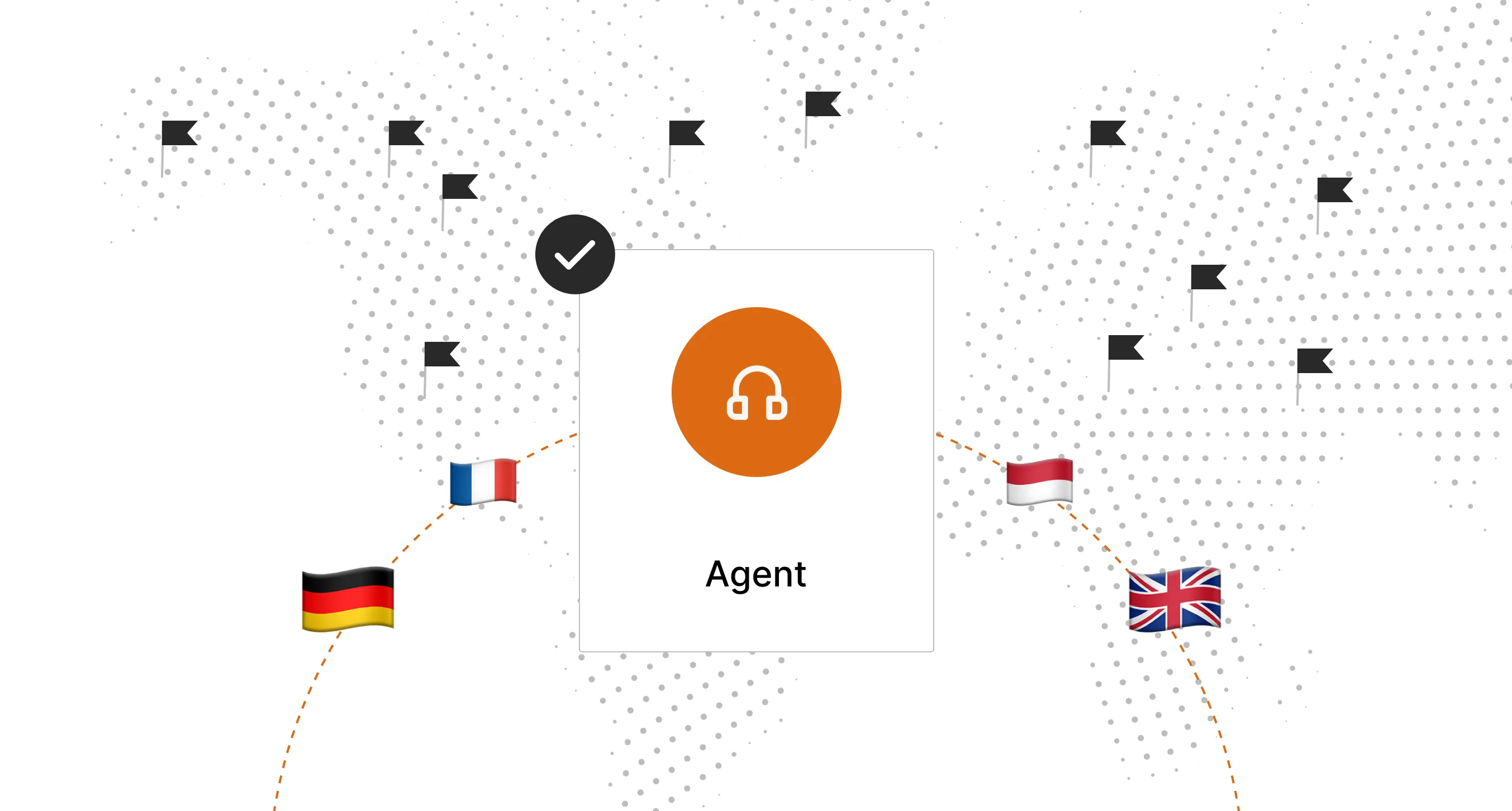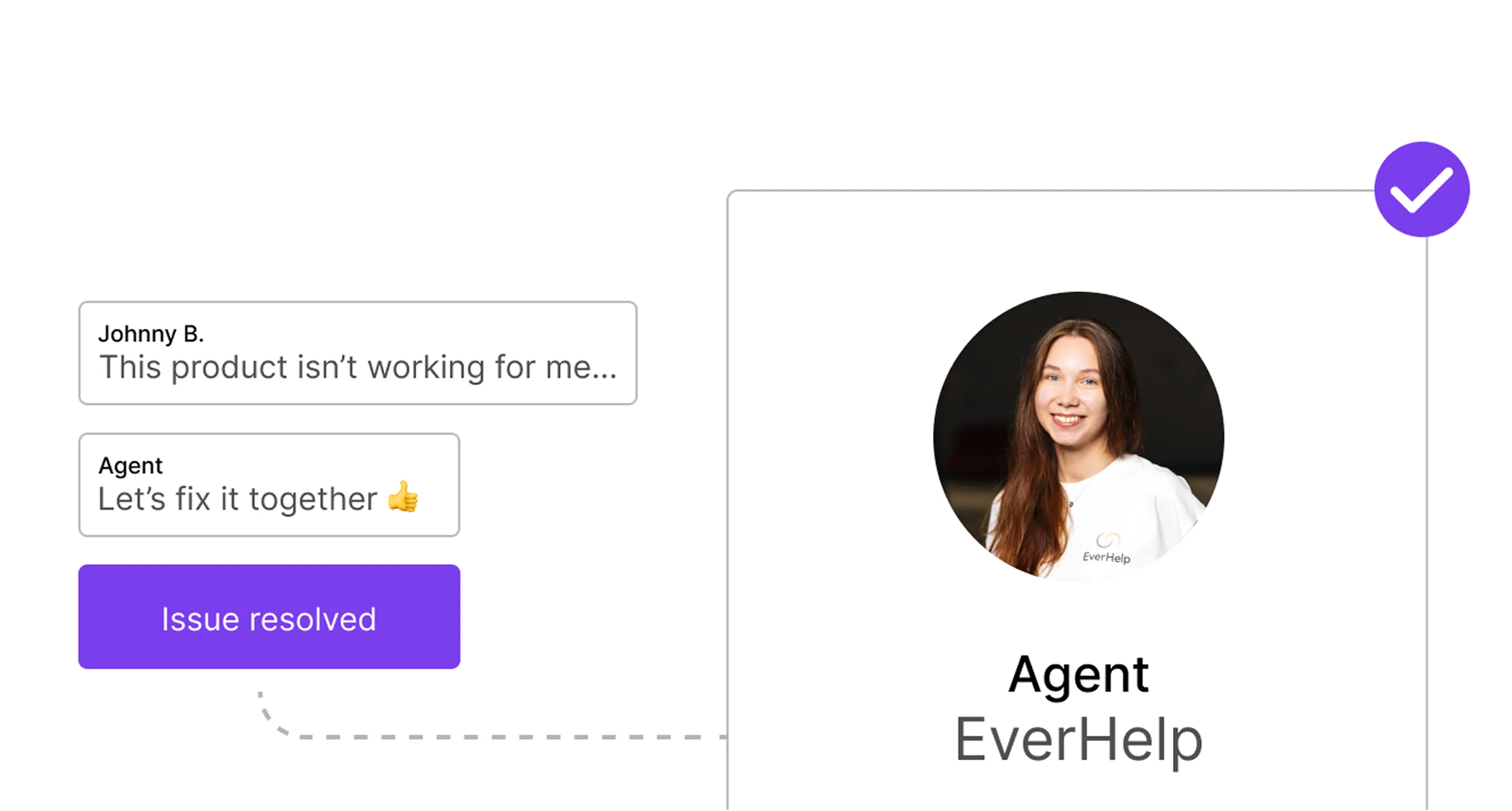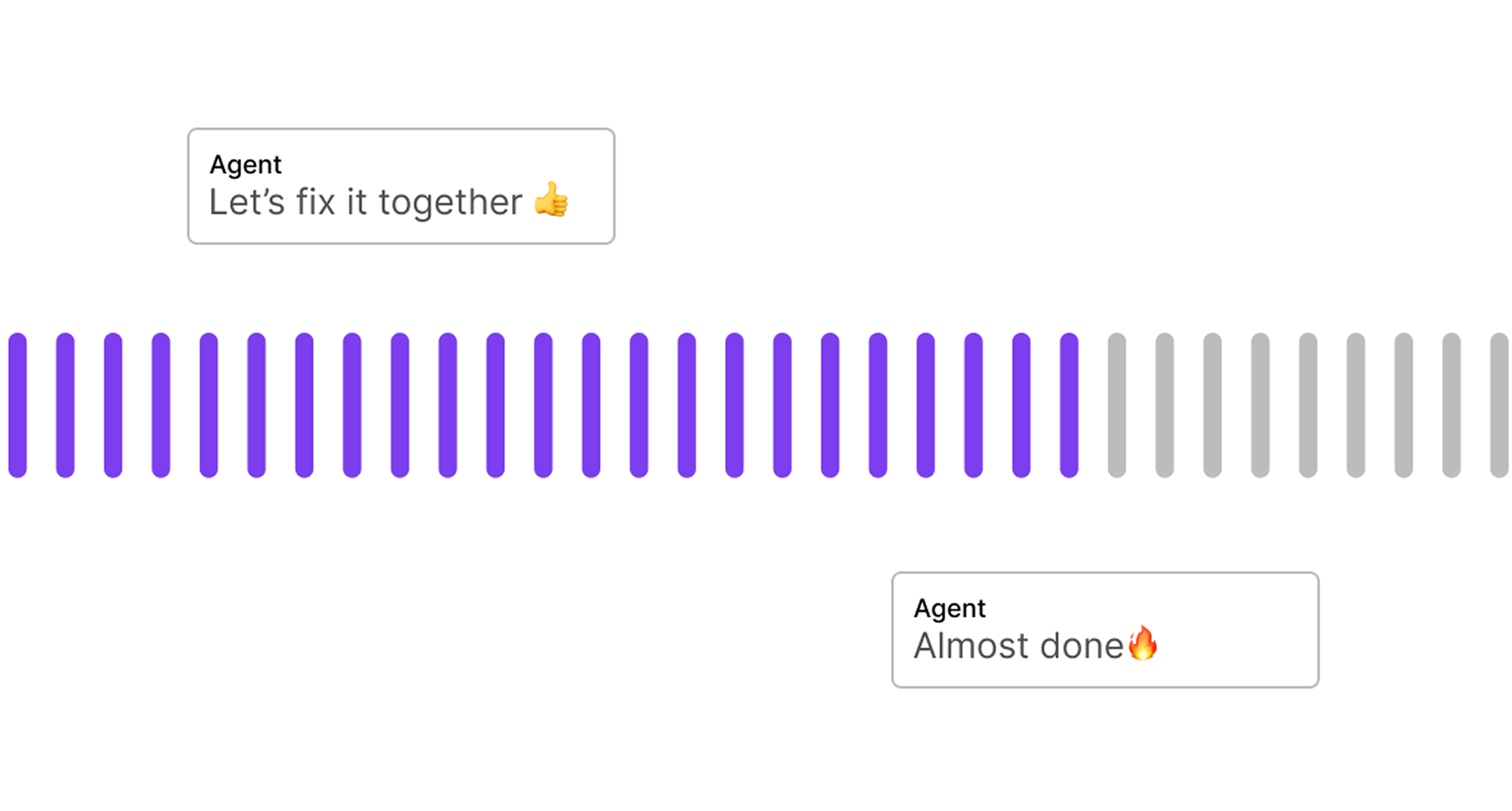The Importance of Personalized Customer Service: B2C & B2B Real Examples
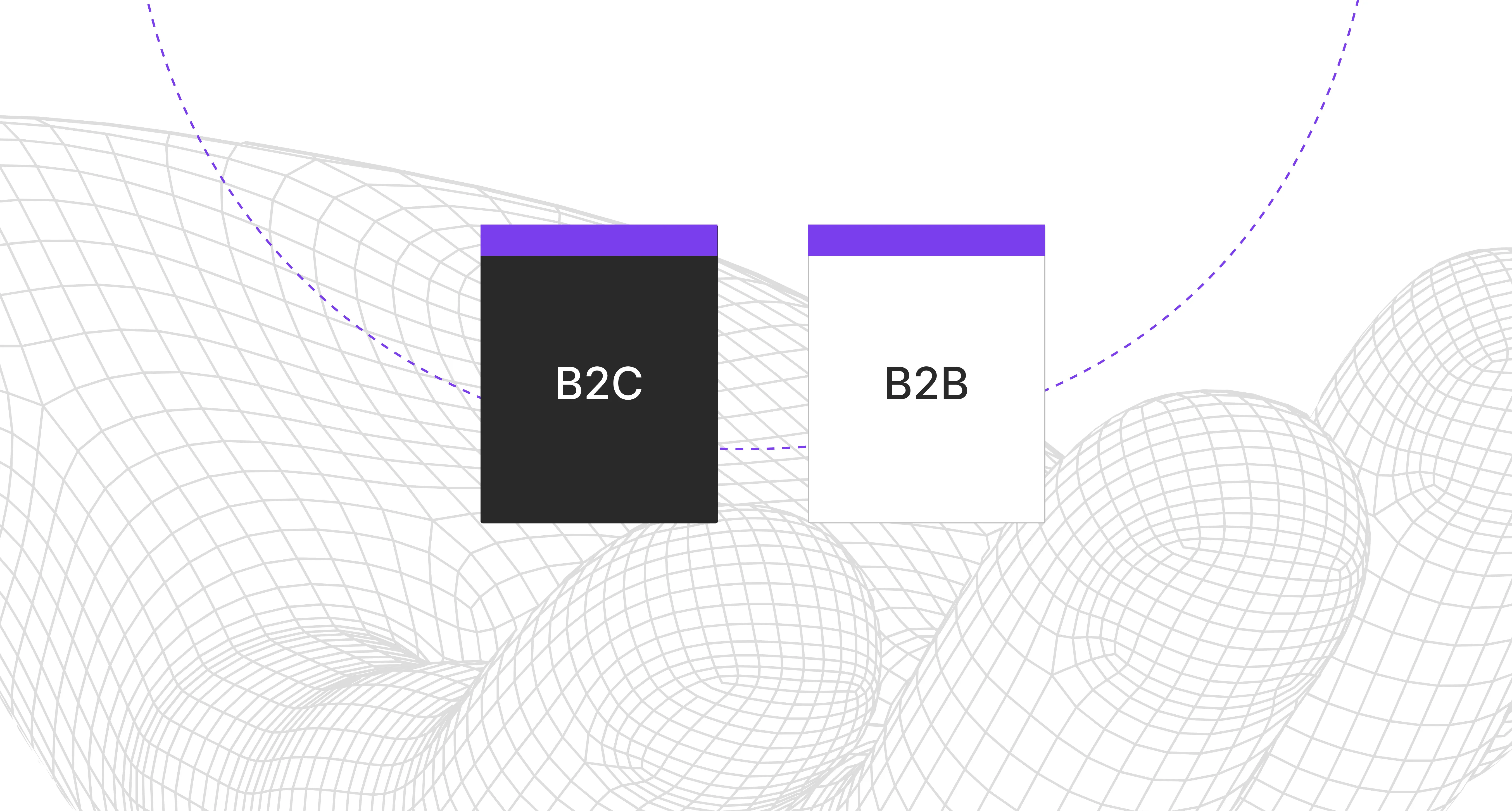
Personalized customer service means adapting every interaction to a customer’s unique context, emotions, and history. Whether in B2C (fast, empathetic, human moments like Chewy’s gestures) or B2B (strategic, data-driven partnerships like HubSpot’s tailored support), personalization builds loyalty and efficiency. With tools like Evly AI, brands combine empathy with AI insights to deliver support that feels both human and intelligent — making every customer feel truly understood.
What would an 8% increase in your conversion rate mean for your business? That's the tangible power of effective personalized customer service, a strategy that also drives customer engagement and maximizes ROI. Let's look at how to make that number a reality.
What Is Personalized Customer Service?
First things first, personalized customer service is the practice of tailoring support interactions to each customer’s needs using contextual information - such as their name, purchase history, issue type, channel preferences, and sentiment. According to our customer support trends report, 71% of customers expect brands they engage with to offer personalized experiences. Instead of treating every customer the same, agents (and systems) should respond based on who the customer is, what they’ve done before, and what they’re likely to need next.
In practice, this means:
- Anticipating their issues based on past purchases or service usage.
- Using preferred channels (email, phone, chat, social) or simply calling customers by name.
- Adapting tone, language, and timing based on behavior or urgency.
- Suggesting solutions relevant to their situation (e.g., refunds, replacements, advanced troubleshooting).
AI-powered tools like Evly AI allow agents to do this at scale by surfacing:
- Real-time intent and sentiment;
- Context-aware macros and response suggestions;
- Summaries of previous interactions;
- Emotional tone analysis and empathy prompts.
How It Differs: B2B vs. B2C Support Personalization
B2B vs. B2C Support Personalization Comparison
In B2B, personalization often involves multiple decision-makers, longer relationships, and strategic alignment. In B2C, it’s about speed, emotion, and memory - making each interaction feel human, even at scale.
Personalization Across Industries (Support-Specific)
- E-commerce: Use order history and item type to surface return policies, shipping updates, or upsell suggestions.
Ex: Amazon anticipates support needs based on what was ordered. - Hospitality: Recall past stays, room preferences, or dietary needs. Use empathetic scripts for VIPs or first-timers.
Ex: Ever‑Help’s Beach Resort case: reduced FRT and boosted CSAT using Evly + guest history. - SaaS / Tech: Personalize onboarding, FAQs, and technical support by plan tier, team size, or integration used.
Ex: Dropbox Business routes large enterprise users to advanced support with specialized agents. - Healthcare: Tailor support based on patient journey, past visits, and urgency of request.
Ex: Mental health apps personalizing chat support by treatment stage. - Logistics / Supply Chain: Provide shipment updates or troubleshooting based on vendor or location.
Ex: Ever‑Help’s logistics client handled multi-brand returns with smart workflows, tailored specifically for them.
Why Personalized Customer Service Matters & Real-Life Examples
✅ 1. Drives Loyalty and Retention
- 81% of consumers are more likely to stay loyal to brands offering personalized service.
- Customers who feel known are 3x more likely to recommend your brand.
Real-life example: When a Shopify merchant calls support, Twilio Flex shows the agent real-time customer data including name, store, and recent activity before they answer the call. Agents greet them by name and tailor the conversation to their context, building instant trust and loyalty.
Related: how to increase customer loyalty
✅ 2. Improves Efficiency and Lowers Support Costs
- Personalization leads to faster issue resolution and higher first contact resolution (FCR).
- Reduces repetitive tickets by proactively addressing common needs.
Real-life example: T‑Mobile leveraged AI to identify at-risk customers and intervene proactively, leading to a 20% reduction in churn and 30% increase in renewals.
Check out 7 customer satisfaction metrics to track
✅ 3. Builds a Competitive Moat
- Personalized experiences differentiate your brand from commoditized competition.
- Emotional engagement leads to long-term brand loyalty.
Real-life example: Chewy’s customer support team is empowered to go beyond scripts. When a customer contacts support,especially during sensitive moments like the loss of a pet,agents may send flowers, handwritten condolence cards, or even refund unneeded items without being asked.
Read about how outsourcing reduces cancellations
✅ 4. Enhances Brand Reputation
- Personalized moments often become shareable stories and positive reviews
- Strong personalization strategies turn service into a marketing advantage.
Real-life example: Sephora introduced gamified loyalty features like challenges to engage customers deeply and strengthen brand perception.
See examples of standout consumer service brands
Unexpected Benefits of Personalized Customer Service
In an increasingly crowded market, personalization is no longer a competitive edge - it’s a baseline expectation. Here are some of the often-overlooked benefits that make it invaluable:
- Stronger Customer Insights and Buyer Persona: Each support interaction offers valuable behavioral and sentiment data, refining your ICP and making future engagements more targeted.
- Positive Word-of-Mouth: It's the kind of organic marketing that money simply can't buy! 92% of customers trust recommendations from their colleagues or friends over any other type of advertising.
- Improved Crisis Management: When you've built solid connections based on personalized service experiences and shared values, your customers become your most loyal supporters. They're like your business's best friends, standing by you even when times get tough. This bond is the secret ingredient to better crisis management.
- Team Satisfaction and Motivation: Employees thrive when they see their work making a direct impact on customer happiness. In fact, 72% of surveyed employees said that results and recognition for performance have a significant impact on employee engagement.
- Higher Customer Lifetime Value (CLV): Happy customers buy more, stay longer, and spend more over their relationship with your brand. (FYI: if you have a subscription-based product or service, this metric should be among your first priorities)
- Enhanced Customer Loyalty: Personalization boosts emotional loyalty - customers come back not just for the product, but the experience. Remember, personalized customer service is only one piece of the puzzle of brand advocacy. You also need to ensure that your brand values align with your customers' values.
- Upselling and Cross-Selling Opportunities: For instance, if a customer just bought a new camera from your store, you might suggest a suitable lens (cross-selling) or recommend an upgrade to a more advanced model (upselling). It's a win-win situation – your customers appreciate the personalized recommendations, and your business enjoys increased sales.
- Barrier to Entry for Competitors: 32.3% of consumers prefer one brand to another and are likely to go elsewhere if they are not satisfied or if the communication is unrelated to their real shopping behavior. And with personalized customer support, you can avoid this detrimental mistake.
Bottom line? Personalized customer service transforms transactional interactions into human connections.
So, How to Provide Personalized Customer Service?
- Know Your Customer – Centralize customer data by using CRMs and helpdesk integrations to give agents a complete and unified view of customer history, preferences, and interactions.
- Omnichannel Approach – Meet customers where they are by integrating support across email, chat, social, phone, and self-service. Ensure consistency of tone and information regardless of channel.
- Deploy Personalized Agentic Software – empower agents with real-time suggestions, emotional cues, and dynamic response generation tailored to customer behavior and tone.
- Segment Smartly – Use customer data such as customer intent, lifecycle stage, purchase history, or geography to personalize interactions. Review your most common queries to map tailored scripts and resources to each segment.
- Automate Thoughtfully – Use AI and automation to personalize at scale while maintaining warmth and human nuance. Trigger follow-ups, proactive support, or onboarding journeys based on customer behavior.
- Train Agents for Empathy – Equip your support team with training on emotional intelligence, tone, and personalization tactics. Encourage agents to adapt scripts to the customer’s mood and context.
Top Personalized Agentic Customer Service Software
- Evly AI – Ever‑Help’s in-house tool for contextual agent support and sentiment detection.
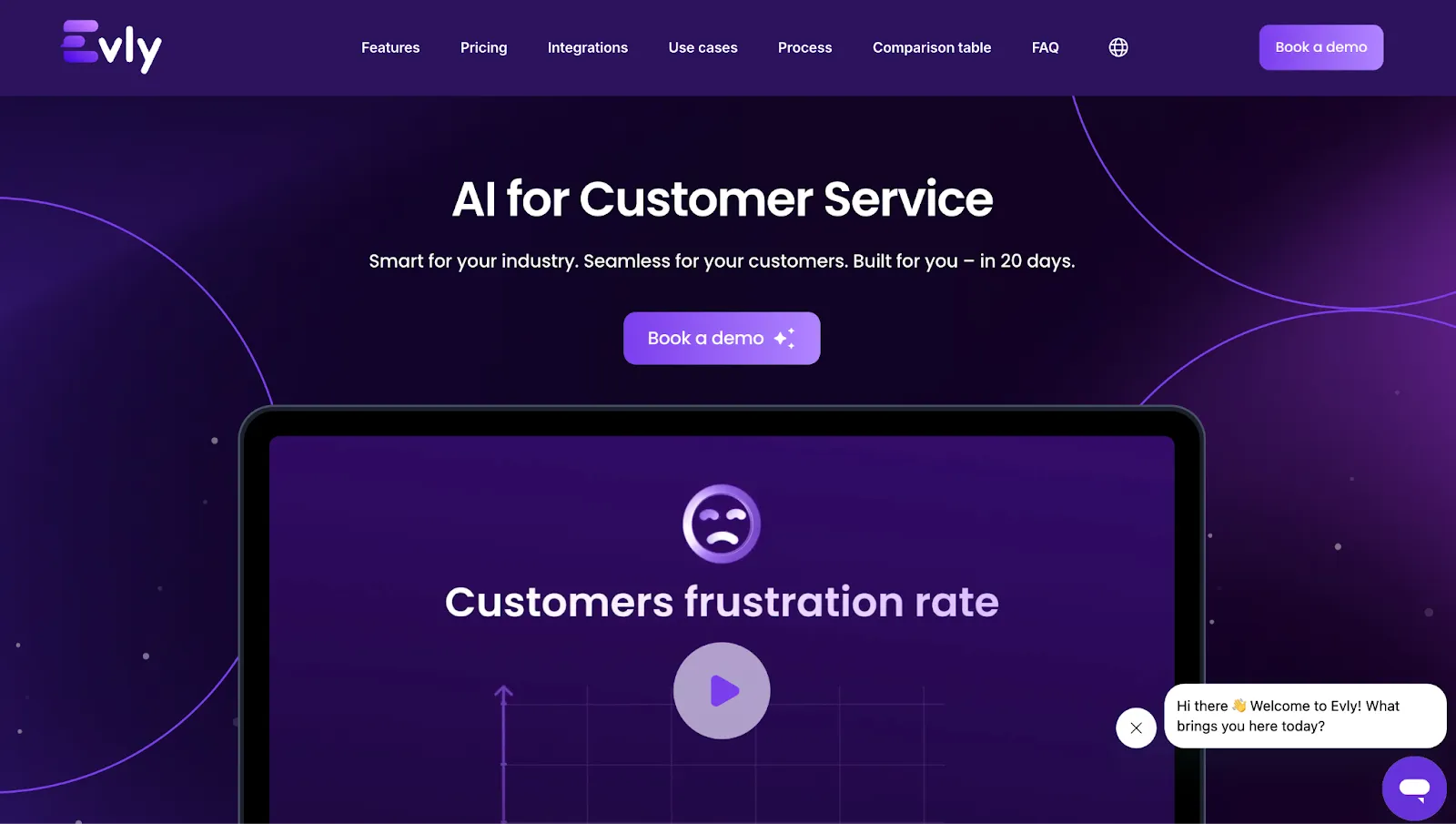
- Zendesk – Popular CRM-integrated ticketing platform. You might like: Freshdesk vs Zendesk. Who wins?
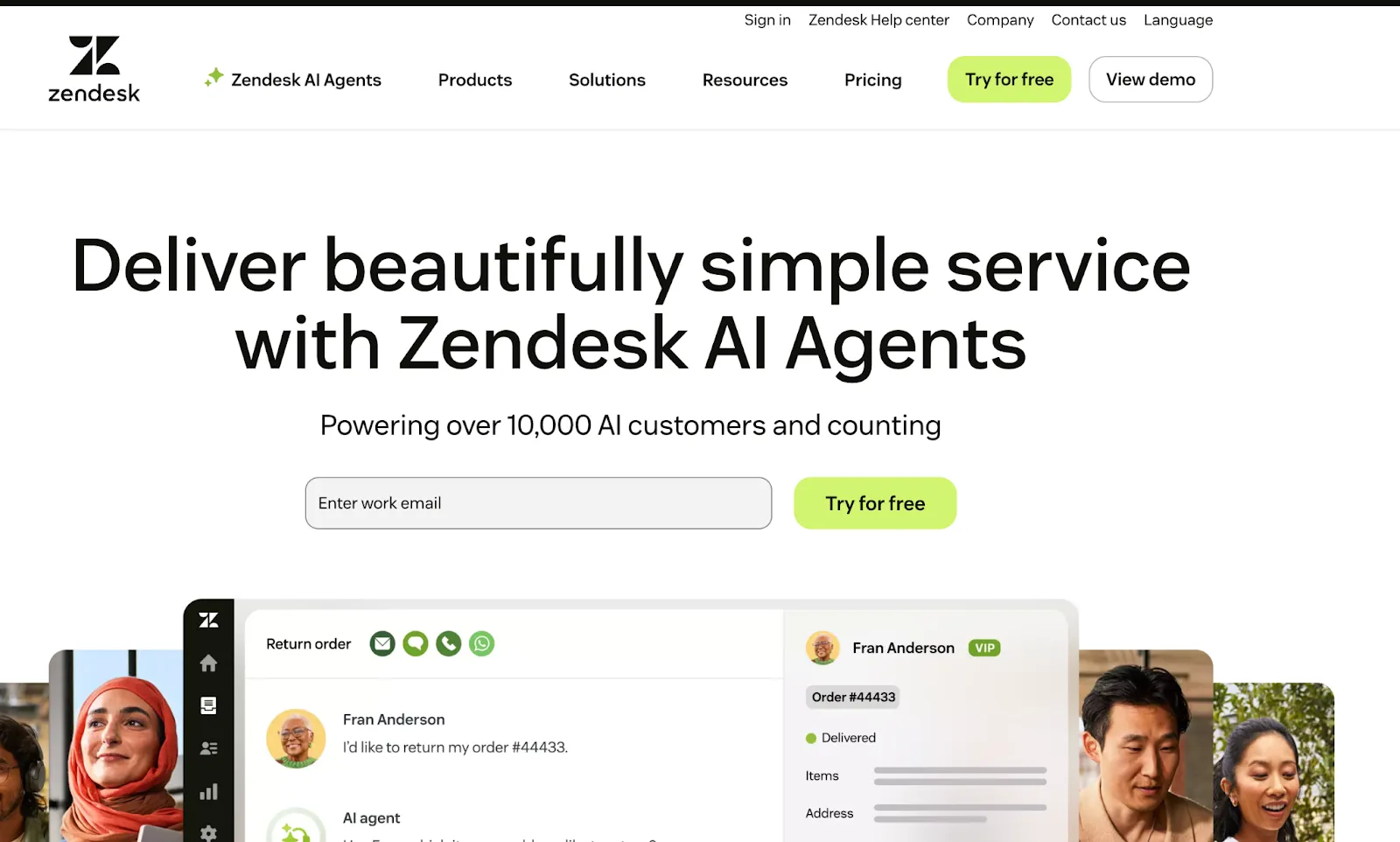
- Gorgias – Shopify-native helpdesk with built-in personalization.
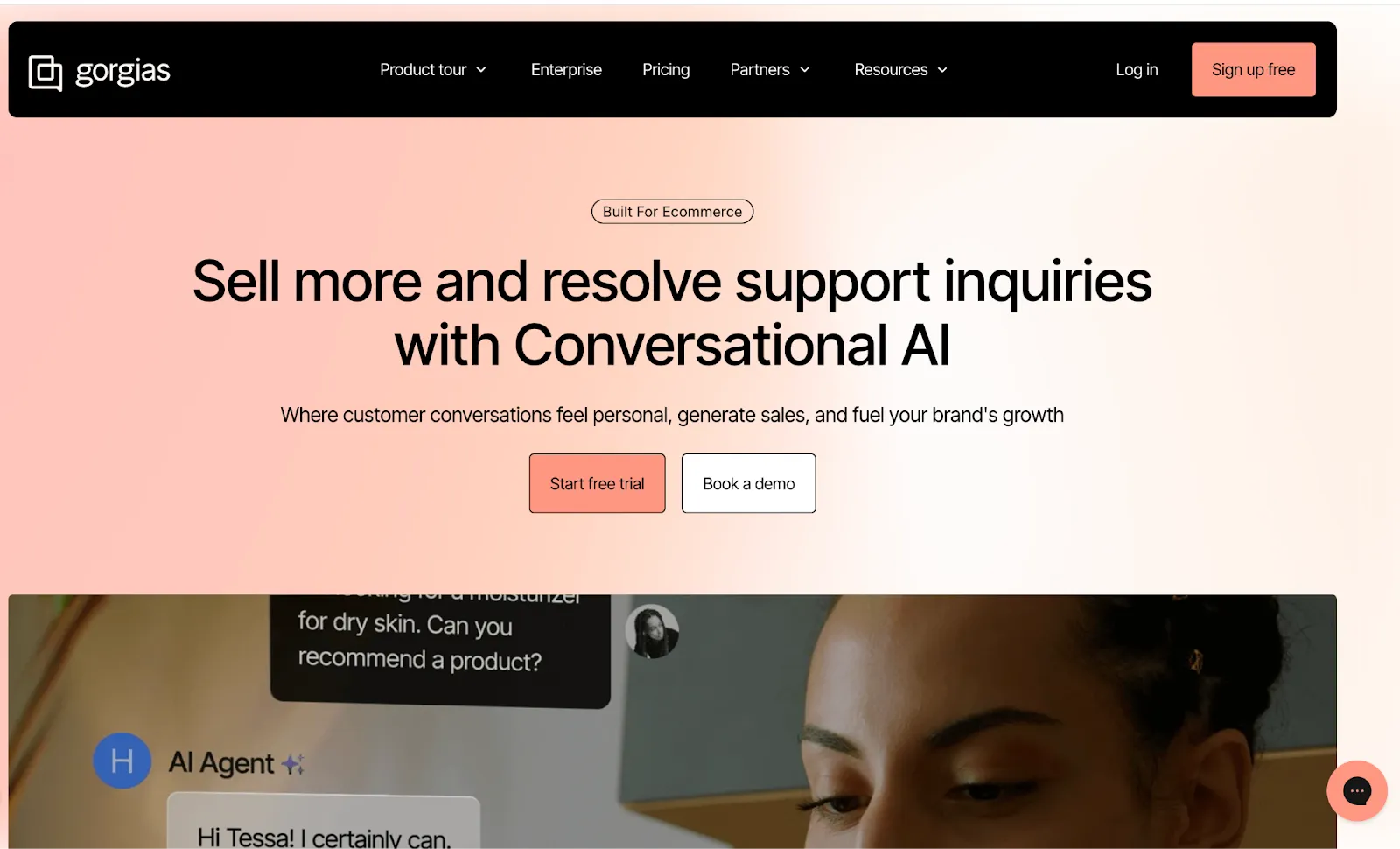
- Intercom – Automated customer journeys and smart campaign triggers.
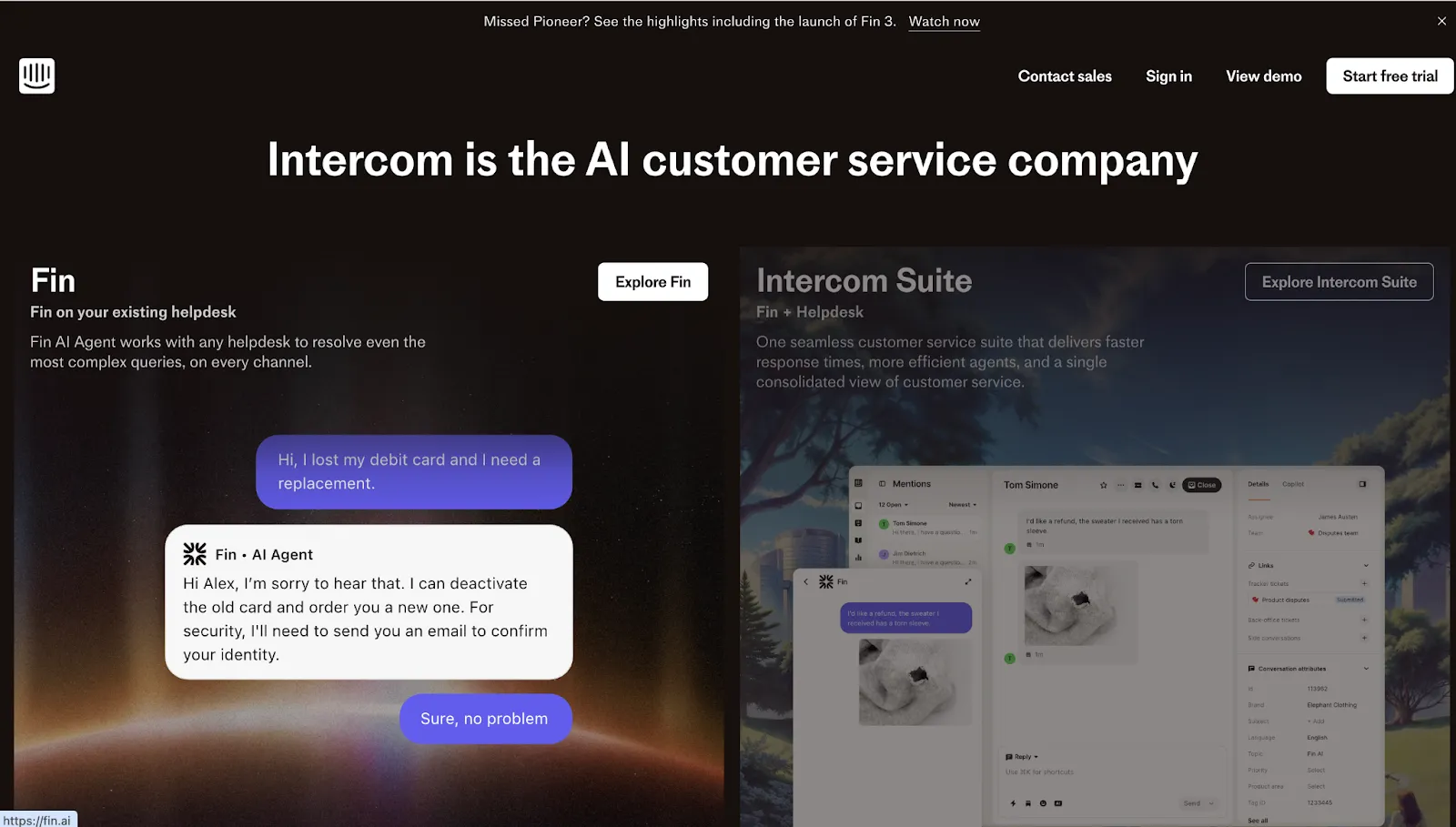
Common Personalization Mistakes to Avoid
- ❌ Over-automation without human oversight
- ❌ Using outdated or generic customer data
- ❌ Ignoring tone, timing, or emotion in agent responses
- ❌ Not closing the loop with feedback mechanisms
Learn how to fix these in eCommerce common support mistakes to avoid
Real-World Case Studies: Personalization in Action at Everhelp
Beach Resort: Emotional Personalization in Hospitality
A high-end beach resort faced declining review scores due to generic guest experiences. By introducing personalized greetings, empathy-driven scripts, and integrating Evly AI to surface guest history and preferences, Ever‑Help reduced response time to 2 minutes and boosted satisfaction to 87%.
Logistics Provider: Multi-Brand eCommerce Support
A global logistics client struggled with inconsistent service across eCommerce brands. Ever‑Help deployed custom workflows segmented by brand, buyer type, and order issue. Evly AI enabled agents to handle issues contextually, increasing CSAT to 84% and retention to 86%.
Conclusion: The Future of Personalization is Human + AI
Personalized customer service is no longer a competitive advantage –it’s an expected norm. Brands that combine empathetic agents with AI-driven personalization tools like Evly AI will:
- Boost loyalty
- Maximize efficiency
- Deepen emotional customer relationships
Because at its core, personalization is about human connection – making every customer feel seen, heard, and valued.
{{cta}}






.webp)


.webp)

.webp)


.webp)
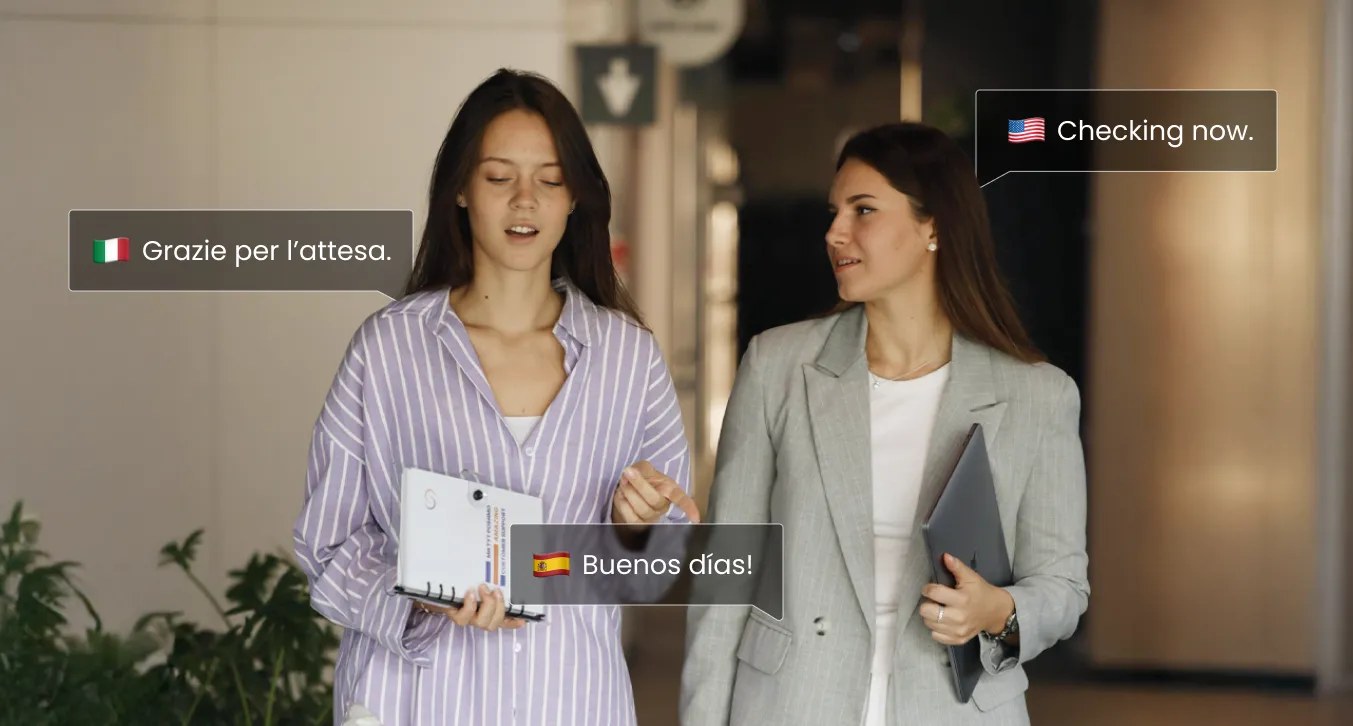

.webp)

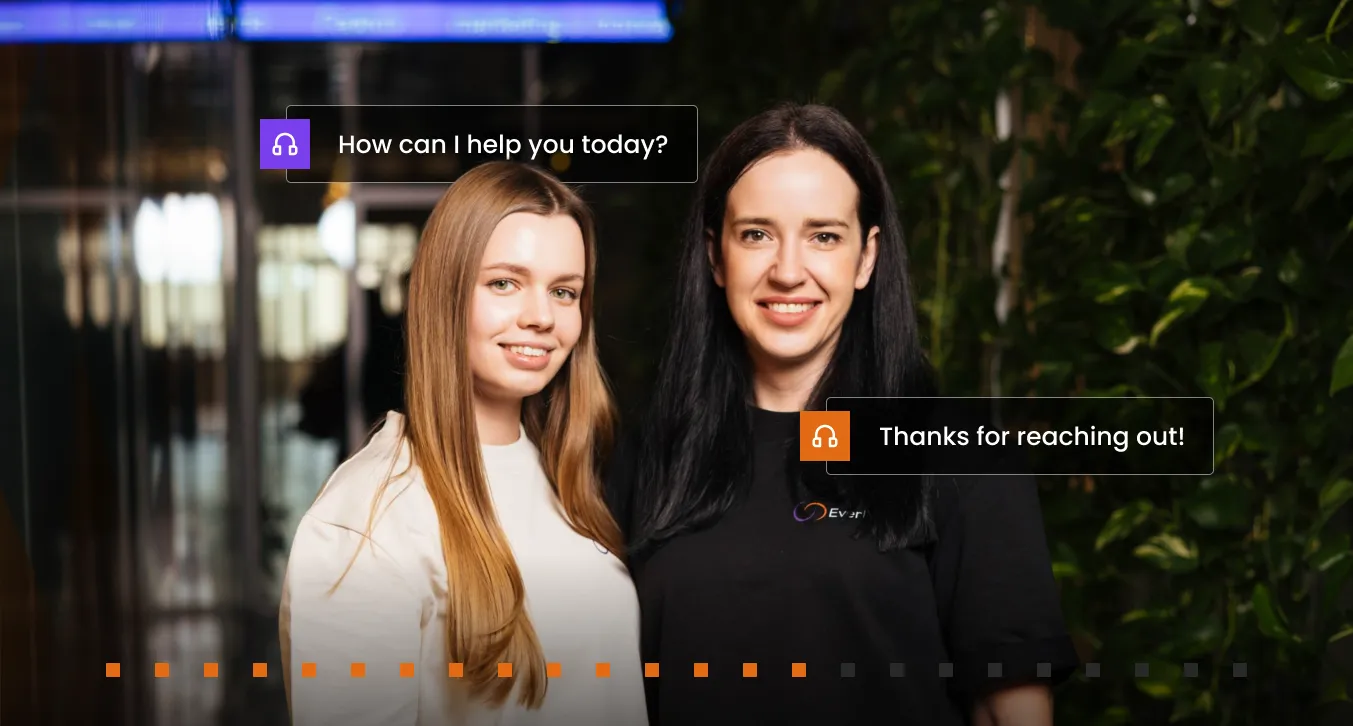
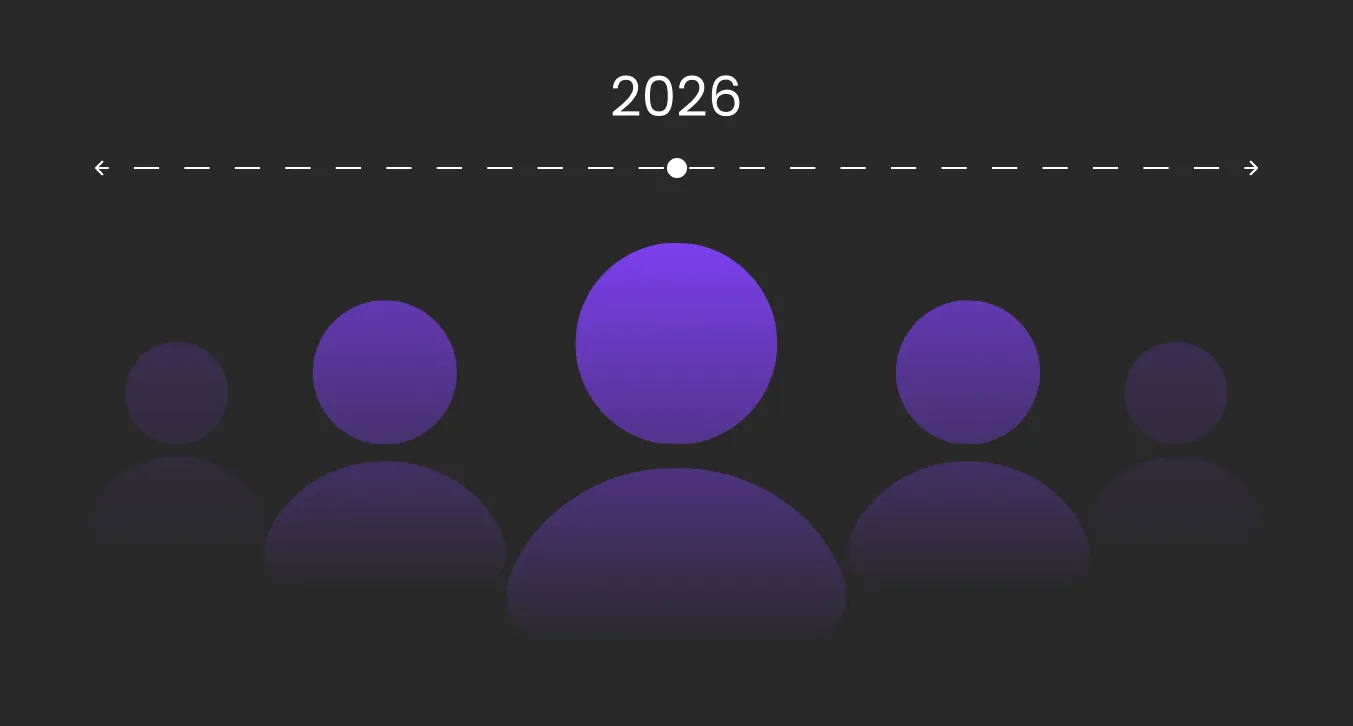
.webp)

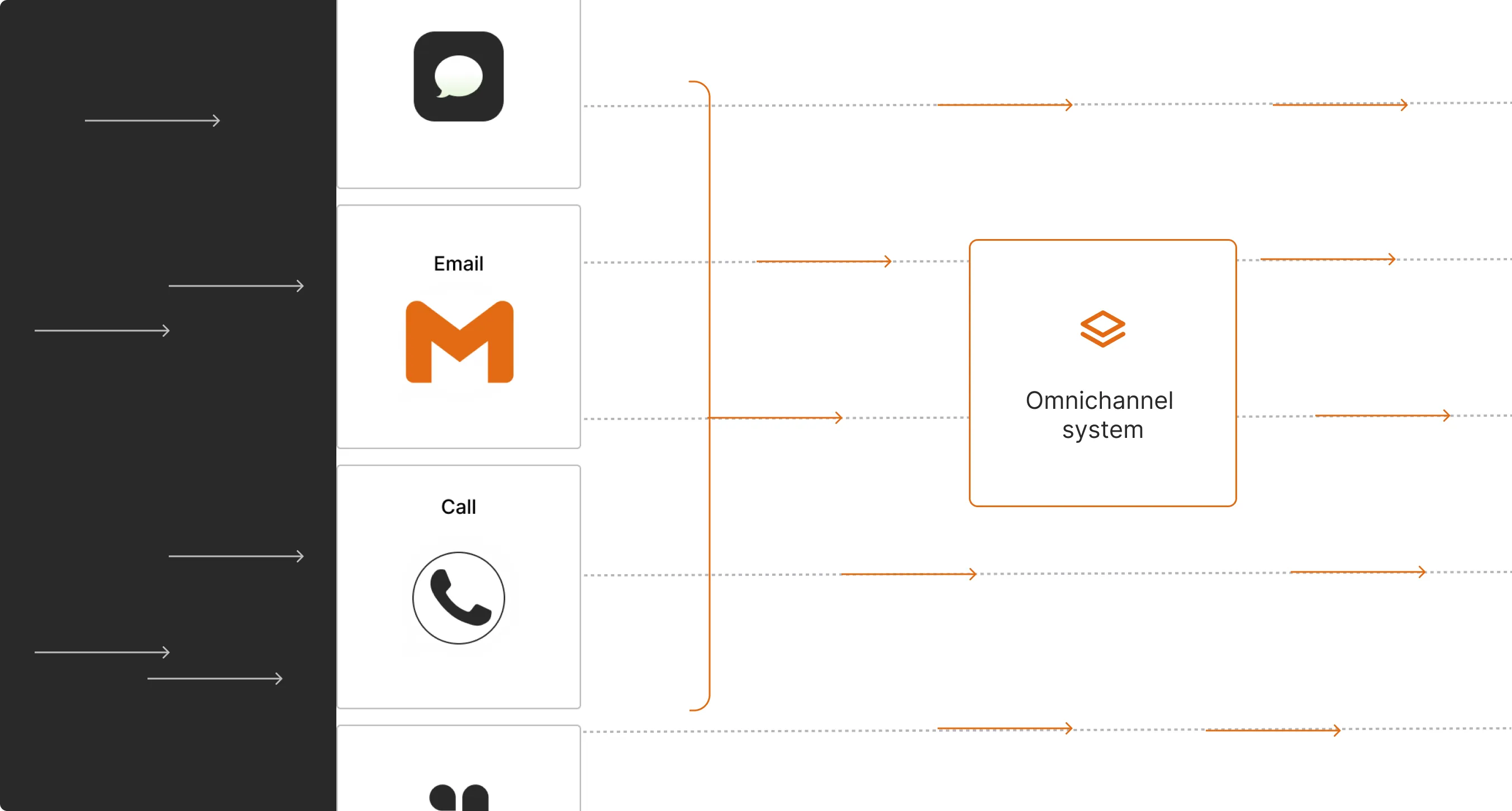
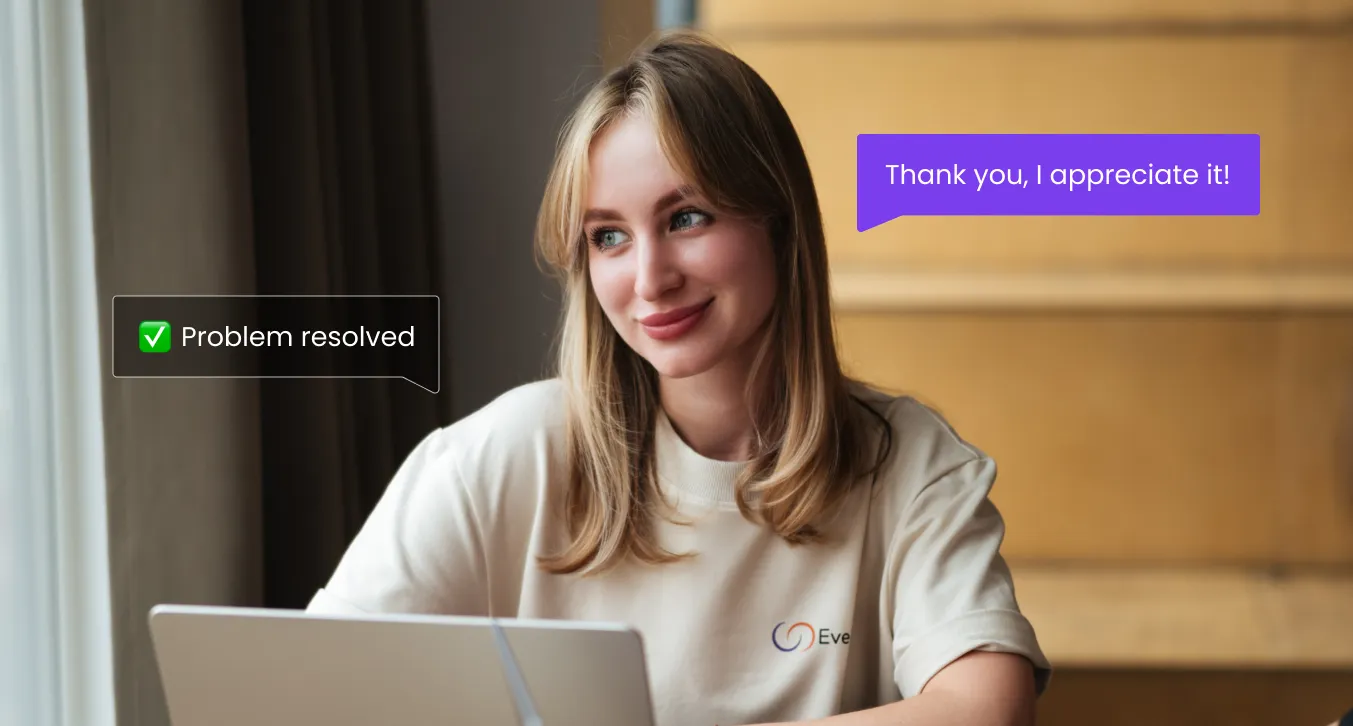



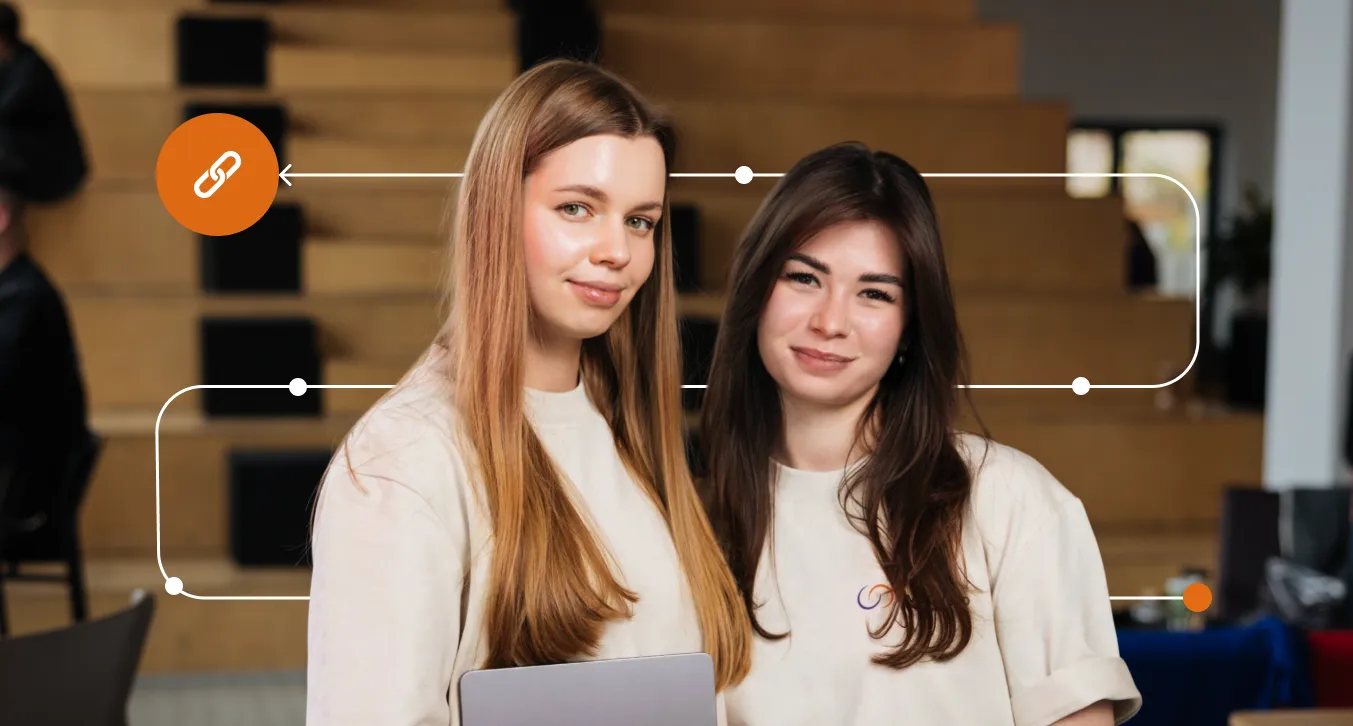
.webp)




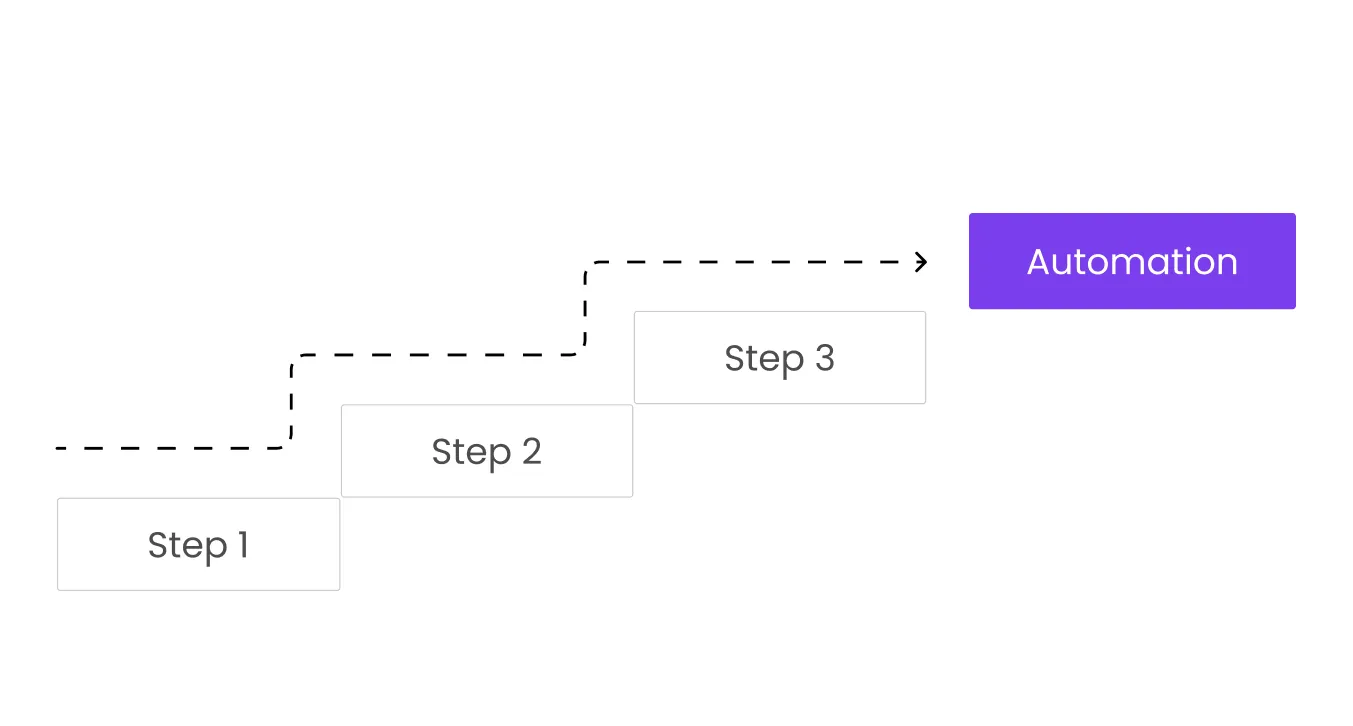


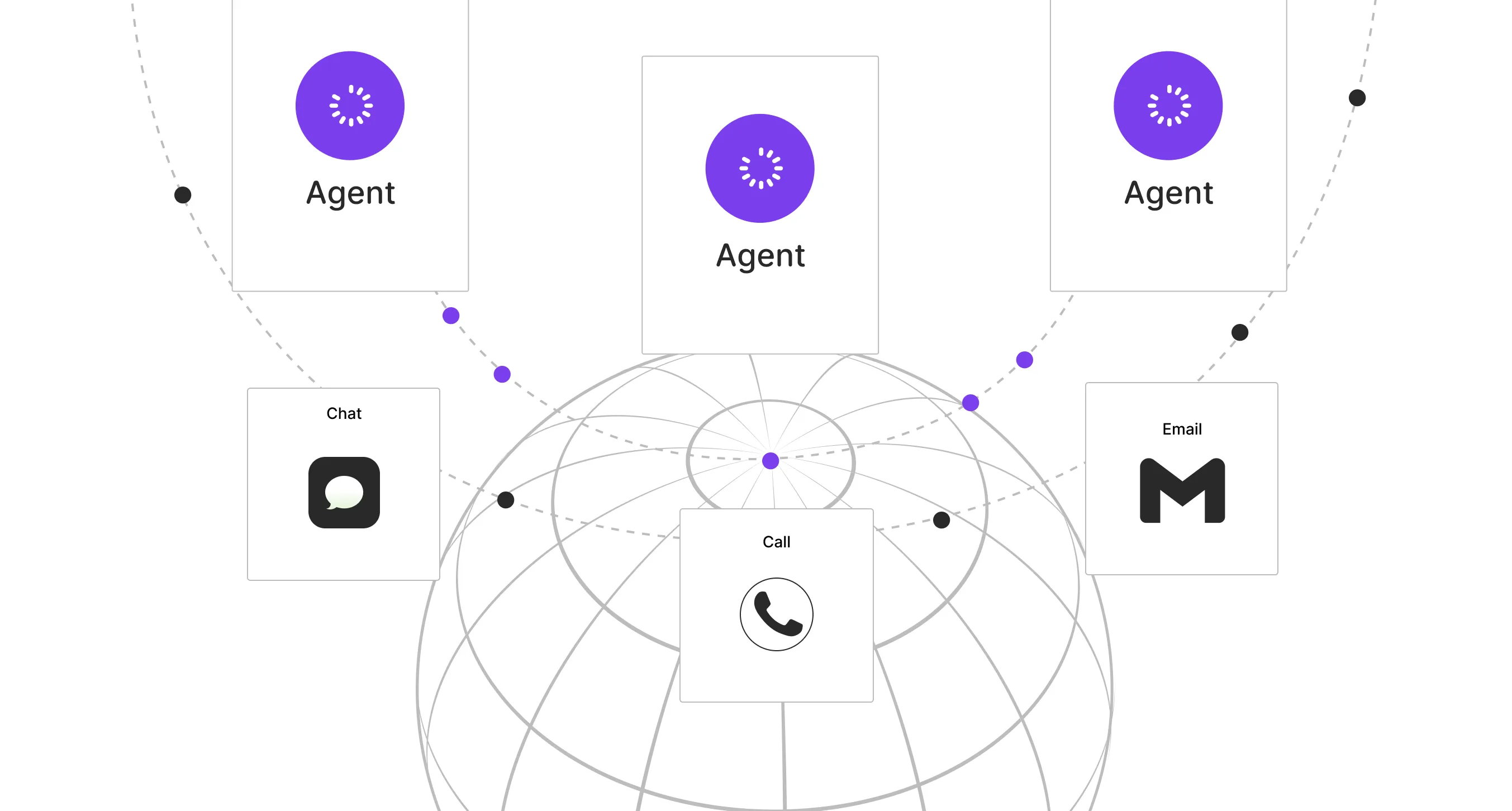
.webp)


_%20Strategies%2C%20Tools%20%26%20A%20Client%20Success%20Story%20(3).webp)
.webp)
.webp)
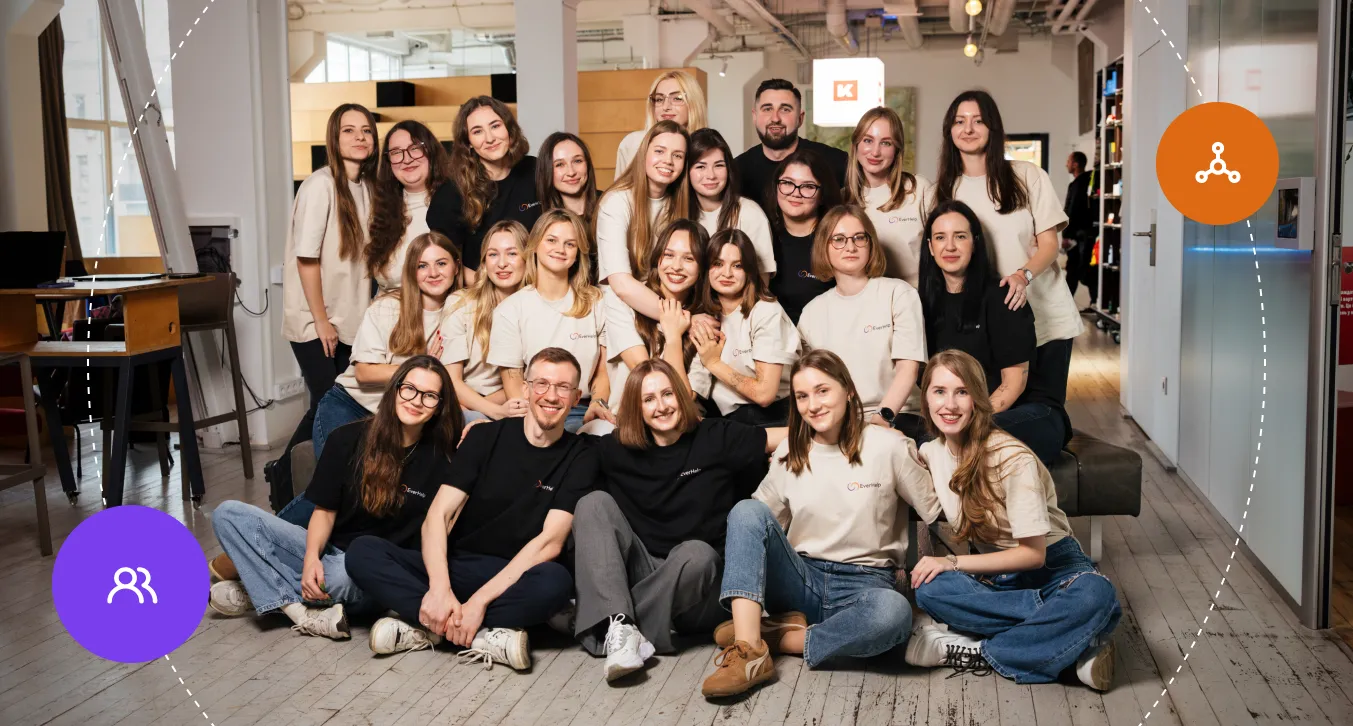
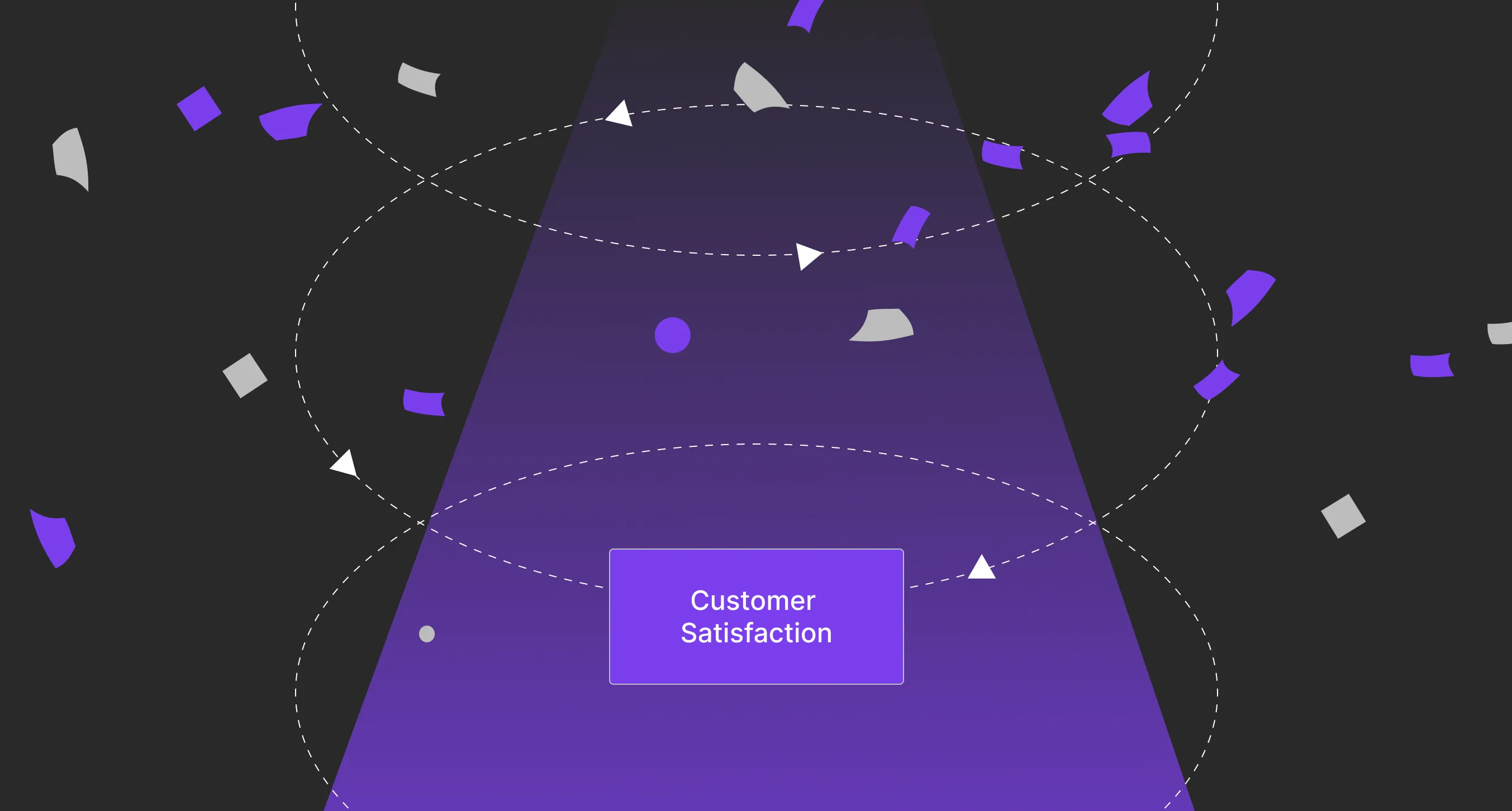
.webp)
.webp)
.webp)
-min%20(1).webp)
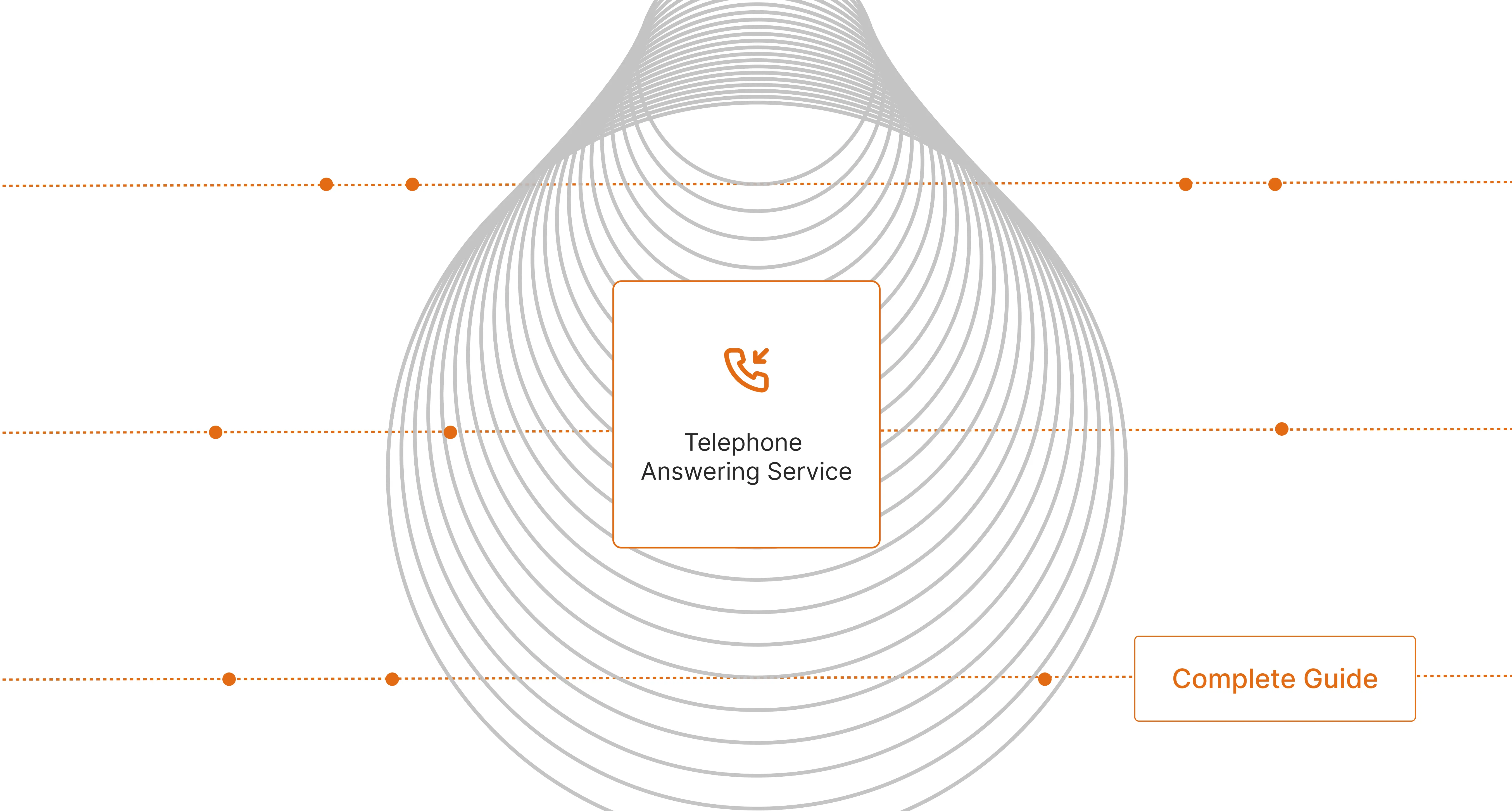


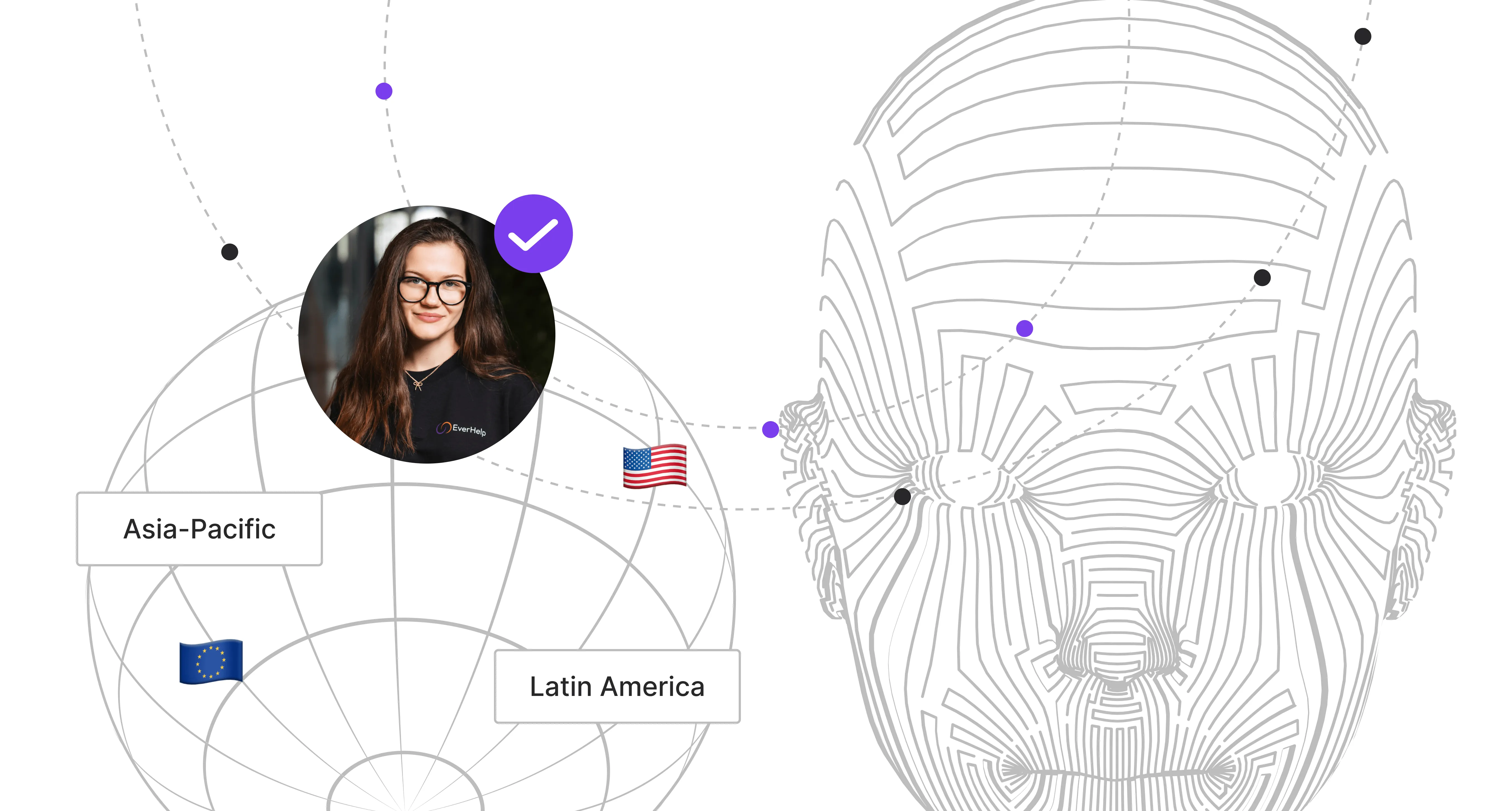
.webp)

